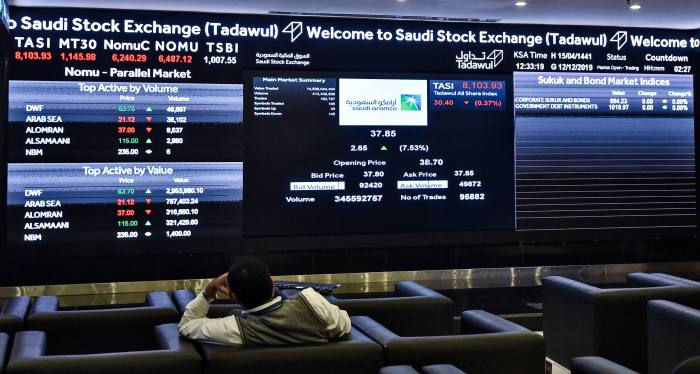
Uncertain times amid an unprecedented global pandemic has left investors shaken.
The unknown tenure and severity of the current situation, combined with debate over the effectiveness of government policy and health of the nation over the long-term, may well define a generation for years to come.
While parallels can be drawn between now and the great financial crisis of 2007-2008, there are some important differences.
Banks are well capitalised with access to funding and liquidity which is currently the target of the new generation of ‘alphabet soup’ of monetary policies being enacted in global co-ordination.
These exceptional policies were new a decade ago, but are now tried and tested to ensure the financial system operates effectively.
In addition, the long-discussed fiscal stimulus which is necessary as we reach the lower bound of interest-rates is becoming a reality, up to and including helicopter money.
Seeking income
In these exceptional times, amid heightened volatility and lower entry levels, investors are seeking alternative sources of return.
Structured products are investments linked to an underlying asset class, such as equities, and generate a defined return for a defined risk.
In the UK, the most popular structured products of recent years are Autocalls linked to an Equity Index such as the FTSE 100, and these investments simply access an equity return in a different way.
We believe that Autocalls offer the highest probability of generating a return after fees of 5 per cent+ pa.
With a very strong track record and high forward-looking probabilities of achieving their positive return, there is a strong argument for using Autocalls within a diversified portfolio.
Autocalls or Kick-out Plans, as they are often known, deliver a defined equity-like return through capping your exposure to the equity index and building a buffer of protection against the downside, thereby increasing the probability of said defined return.
Yields available would normally range from c.6-11 per cent pa depending on the risk the investor is willing to take. However, due to the spike in volatility over the last few weeks, there are some even higher returns available.
Most structured investments have credit risk to a financial issuer of the securities, usually a global bank.
Over the last few weeks credit spreads on most major global banks have doubled, but from a very low base, which is testament to how well capitalised the banking industry is at the moment, and shows that the banking sector is a far cry from the great financial crisis.
Since then, banks have changed considerably by raising capital, lowering reliance on short-term wholesale funding and focusing on asset quality, giving more robust balance sheets and higher levels of equity.





